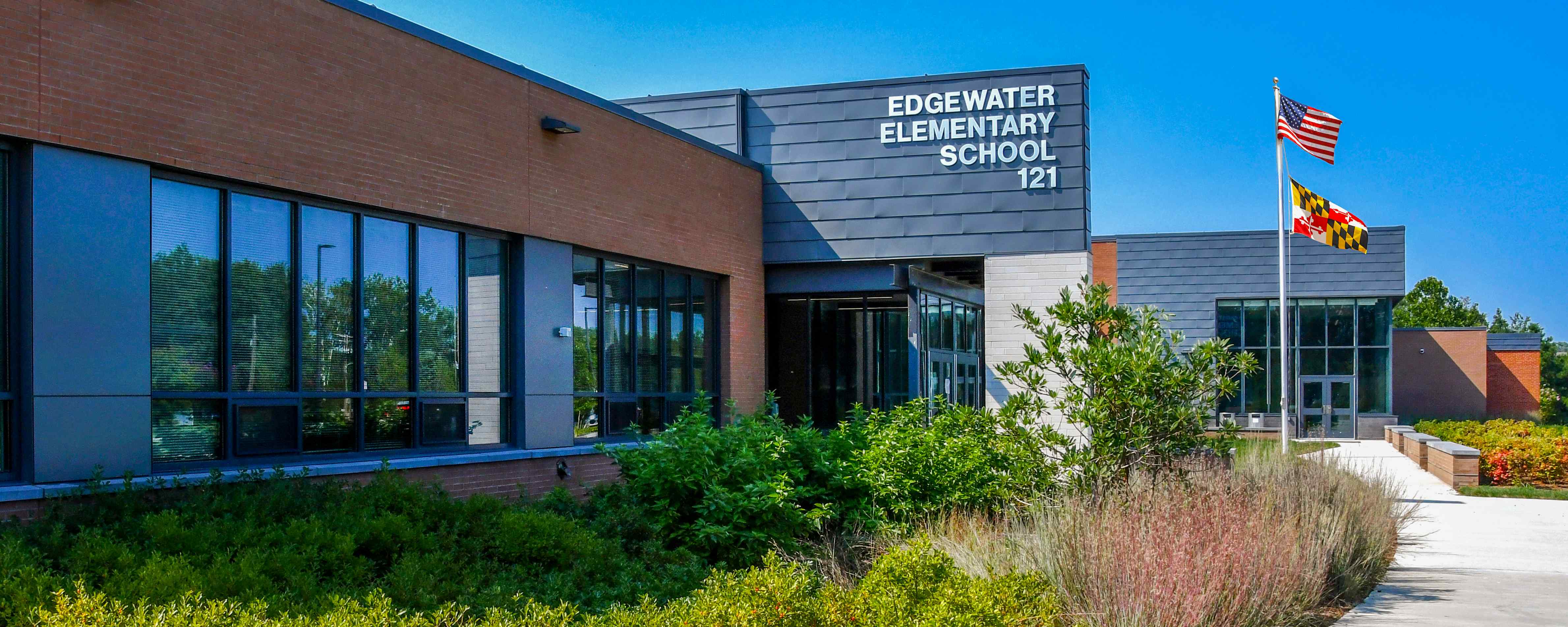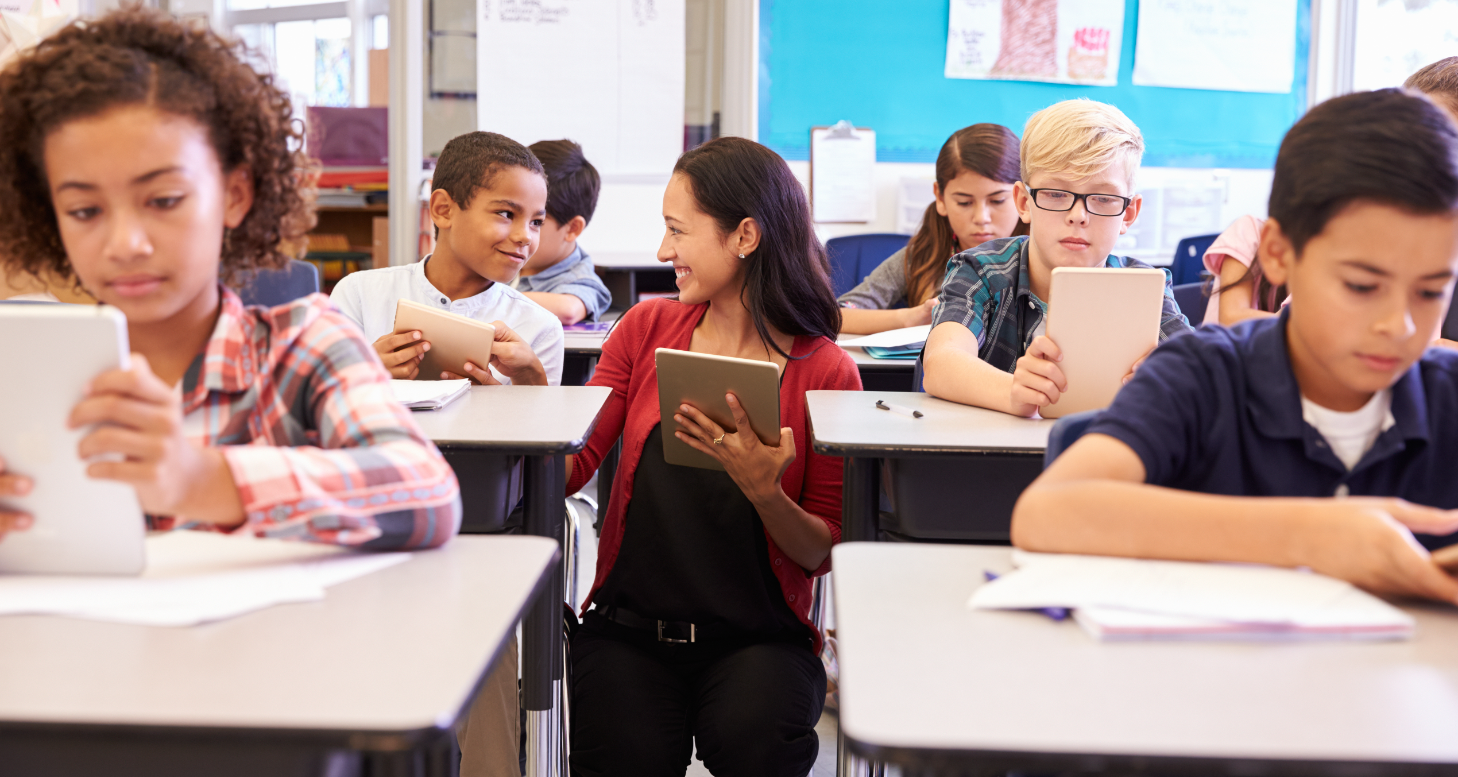How Kindergarten encourages creativity and curiosity in early learners
Wiki Article
All About Kindergarten: Understanding the Relevance of Very Early Childhood Years Education And Learning Programs
Preschool functions as a critical point in a youngster's very early development. It introduces fundamental skills vital for future knowing and social interactions. With various activities, kids participate in organized play that advertises cognitive growth. Recognizing the nuances of different kindergarten programs can better illuminate their value. What specific advantages do these very early education experiences use, and how do they form a child's trajectory? The solutions may be more intricate than one may anticipate.
The Function of Preschool in Youngster Advancement
Although some might view preschool merely as a changeover stage prior to formal schooling, it plays an essential function in child advancement. This foundational phase cultivates crucial social, emotional, and cognitive skills that are crucial for lifelong knowing. In kindergarten, youngsters participate in structured play, which enhances their capability to cooperate, share, and solve conflicts with peers. These interactions lay the groundwork for healthy connections and boosted interaction abilities.Furthermore, kindergarten introduces kids to basic concepts in literacy and numeracy, sparking interest and a love for discovering. Educators lead pupils through activities that promote analytical and critical thinking, essential elements of intellectual growth. The atmosphere emphasizes routine and framework, aiding kids create self-discipline and independence. By concentrating on all natural advancement, kindergarten warranties that kids are not only ready academically however additionally socially and emotionally for the obstacles of future instructional endeavors.
Secret Advantages of Early Youth Education
Early childhood education supplies countless advantages that can substantially impact a kid's development and future success. Study suggests that kids who take part in top quality early education and learning programs display enhanced cognitive skills, better language development, and enhanced social skills compared to their peers that do not go to such programs. These fundamental skills are important as they set the phase for scholastic achievement and long-lasting knowing.Early education and learning fosters emotional growth by offering youngsters with chances for cooperative play and problem resolution, helping them establish resilience and empathy. Additionally, these programs frequently help bridge the space for youngsters from varied backgrounds, ensuring fair access to learning experiences and sources
Inevitably, purchasing early childhood education not just benefits specific youngsters but also contributes to stronger communities, as educated individuals are most likely to involve positively in society and the workforce.
Different Sorts Of Preschool Programs
Numerous preschool programs cater to different academic ideologies and demands. Full-day alternatives provide extended learning time, while the Montessori approach emphasizes independence and hands-on experiences. Additionally, play-based learning techniques foster creativity and social abilities, showing the diversity in early childhood education.Full-Day Preschool Options
Several moms and dads and instructors acknowledge the growing value of full-day kindergarten alternatives in very early youth education. Full-day programs usually give an even more thorough knowing experience, enabling youngsters to participate in a variety of activities throughout the day. These options usually consist of a well balanced curriculum that incorporates academic, social, and psychological growth. Some districts provide traditional full-day preschool, while others may provide customized programs, such as double language or thematic knowing atmospheres. In addition, full-day preschool can suit functioning parents by straightening college hours with common job schedules. Study suggests that students in full-day programs usually show enhanced academic efficiency and social abilities compared to their peers in half-day setups, making these alternatives significantly popular in numerous communities.Montessori Technique Introduction
Although the Montessori technique is just among several instructional viewpoints, it has gotten considerable interest for its one-of-a-kind focus on child-led learning and expedition. Developed by Dr. Maria Montessori, this method concentrates on promoting self-reliance and self-directed task in children. Class are normally developed to urge motion and hands-on involvement with products, permitting youngsters to discover at their very own pace. Montessori educators act as guides, promoting learning via monitoring as opposed to direct guideline. This method prioritizes mixed-age classrooms, advertising partnership and peer knowing. In addition, the Montessori technique stresses functional life skills and sensory tasks, assisting kids create a strong foundation in both social and scholastic proficiencies. Moms and dads often value the alternative growth that this strategy supports in their children.Play-Based Discovering Methods
Play-based knowing approaches are integral to numerous preschool programs, emphasizing the significance of play as an essential mode of discovering for children. These approaches encourage expedition, creativity, and social interaction, permitting children to participate in hands-on experiences that cultivate cognitive and psychological development. Various kinds of play, such as imaginative, useful, and physical play, are made use of to sustain learning purposes throughout topics like mathematics, science, and literacy. Furthermore, play-based programs frequently incorporate collaborative activities, promoting teamwork and communication abilities. Educators observe and assist children during play, making sure that discovering outcomes are attained while maintaining a joyous knowing setting. This strategy not just enhances academic readiness yet likewise grows a long-lasting love for learning, making it an essential component of early youth education.The Relevance of Play in Discovering
A considerable body of research study underscores the important function of play in very early childhood years education and learning, showing its profound effect on discovering and advancement. Play serves as an essential device via which young youngsters explore their environment, create cognitive abilities, and enhance their analytic capabilities. Involving in imaginative play allows youngsters to experiment with various duties and scenarios, cultivating imagination and important reasoning.Additionally, play-based knowing motivates youngsters to engage with materials and ideas in a hands-on way, making abstract concepts much more concrete and understandable. This experiential understanding technique not only catches children's passion yet also promotes intrinsic motivation, basic for lifelong learning.
Through play, kids likewise refine their motor skills and spatial awareness, laying the foundation for a lot more intricate academic jobs. Basically, prioritizing play in early childhood years education programs is important for supporting all natural growth, furnishing youngsters with the fundamental skills essential for their future instructional journeys.
Social Abilities Advancement in Kindergarten
Structure on the foundation developed through play, kindergarten works as a crucial atmosphere for social skills advancement. During this developmental stage, kids participate in structured activities that motivate interaction with peers. With team jobs, participating games, and shared tasks, they find out vital abilities click here to find out more such as empathy, problem, and communication resolution.Educators assist in these communications, directing youngsters in comprehending social hints and promoting positive connections. As kids browse numerous social situations, they establish a sense of belonging and learn to value varied perspectives.
Kindergarten supplies possibilities for children to exercise turn-taking, sharing, and arrangement, which are essential for building friendships. These experiences not only enhance social proficiency however additionally add to emotional intelligence. As an outcome, the social abilities obtained in preschool prepared for effective communications in later educational settings and throughout life. As a result, the significance of social skills growth in preschool can not be overstated.
Parental Participation in Very Early Education And Learning

In addition, when moms and dads show an interest in their child's education, it grows a positive attitude in the direction of knowing. When they feel sustained, youngsters are extra likely to develop a feeling of belonging and inspiration to do well. Furthermore, parental involvement can enhance a youngster's emotional wellness, causing greater resilience in encountering college difficulties. As a result, fostering a joint environment between home and college is crucial for maximizing early educational experiences and end results.
Preparing for the Change to Primary School
As youngsters approach the end of their kindergarten journey, getting ready for the change to primary school becomes significantly crucial. This shift requires careful preparation and assistance from both educators and moms and dads. Familiarizing children with the new atmosphere, regimens, and expectations of elementary school can relieve their stress and anxiety and promote self-confidence.
Schools frequently give positioning sessions that present kids to their future classrooms and educators, cultivating a feeling of belonging. Additionally, moms and dads can engage in discussions about the changes in advance, emphasizing the interesting chances for learning and social communication.
Motivating freedom in day-to-day tasks, such as clothing and adhering to a schedule, can additionally be useful. Exercising important abilities, such as letter acknowledgment and standard math, prepares youngsters academically for initial grade.
Ultimately, a collaborative initiative among parents, instructors, and the community assures a smoother shift, laying a strong structure for an effective academic journey.
Frequently Asked Concerns
What Credentials Should Kindergarten Teachers Have?
Preschool educators ought to possess a bachelor's level in very early youth education or a relevant area, in addition to state qualification. Added qualifications may consist of specialized training in youngster advancement, classroom monitoring, and effective training methods.Exactly how Do I Pick the Right Kindergarten Program?
To pick the ideal kindergarten program, one ought to consider factors like curriculum, mentor techniques, course dimension, instructor certifications, and parent testimonials. Going to centers and observing interactions can additionally offer useful insights into the program's environment.What Should My Child Learn in Kindergarten?
In preschool, a child must learn foundational abilities such as fundamental reading and writing, counting, social interactions, problem-solving, and electric motor abilities. These competencies foster cognitive advancement and prepare them for future instructional difficulties.Are There Age Demands for Kindergarten Registration?
Many states require youngsters to be five years old by a certain date, commonly September 1st, for preschool registration. Nonetheless, details age needs can differ, so checking neighborhood school area laws is essential.
How Can I Support My Kid's Understanding at Home?
To sustain Discover More Here a child's knowing in the house, parents can develop a regular, provide engaging educational products, encourage analysis, take part in hands-on activities, and foster open communication to nurture inquisitiveness and vital thinking skills.Preschool serves as a vital stage in a child's very early growth. Some may view kindergarten merely as a changeover phase prior to official schooling, it plays an essential function in child advancement. In addition, preschool presents kids to fundamental concepts in literacy and numeracy, triggering inquisitiveness and a love for understanding. Play-based discovering check it out methods are important to various preschool programs, stressing the relevance of play as a fundamental mode of learning for young kids. In kindergarten, a youngster ought to find out fundamental abilities such as basic reading and writing, counting, social interactions, analytical, and motor skills.
Report this wiki page